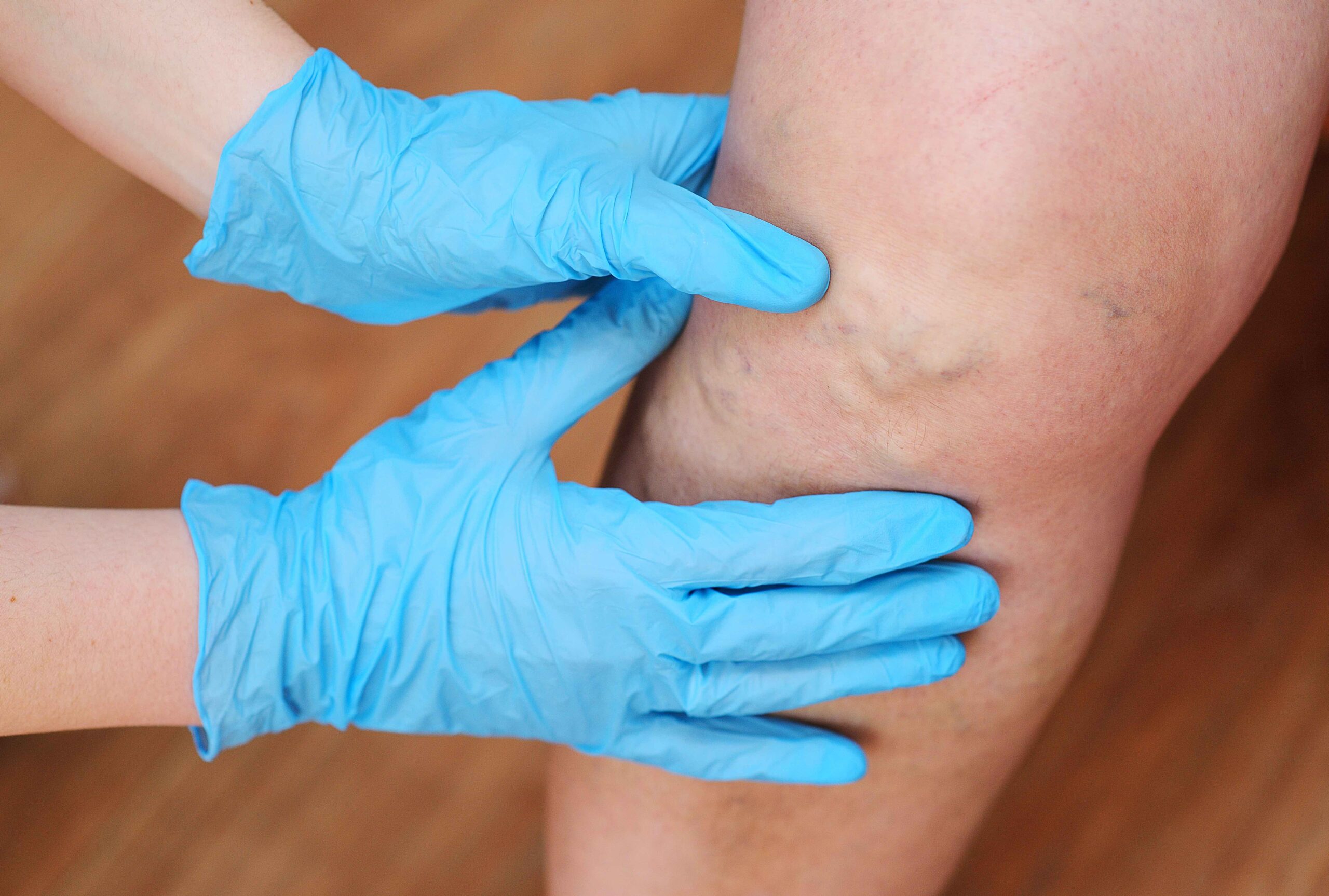Do Varicose Veins Cause Blood Clots?

If you have varicose veins, you’re familiar with the visible impact that they can have on your life. In addition to making you feel slightly self-conscious, varicose veins can also be quite uncomfortable. However, did you know that varicose veins may have other effects on your quality of life, as well? In cases of severe varicose veins, there is a small risk of developing a blood clot in a deep vein, a dangerous condition known as deep vein thrombosis (DVT).
At The Vein Institute of Hunterdon, vascular experts are devoted to helping patients who suffer from varicose veins and educating patients on the impact of their health conditions. Here’s what you need to know about varicose veins and their connection to blood clots.
What Are Varicose Veins?
A varicose vein is a blood vessel just beneath the surface of your skin that becomes swollen when the flow of blood back to your heart slows down. Veins have one-way valves that are designed to help prevent the back-flow of blood. However, when these valves become damaged or stop working, blood can pool in your veins, causing the swollen, twisted rope-like appearance of varicose veins.
Signs and Symptoms
A varicose vein is usually visible beneath the surface of your skin as a bulging, twisted, rope-like structure. It may be dark blue or purple. Varicose veins can cause symptoms such as itching, throbbing, aching, or making your legs feel heavy or tired. You may also experience sores on your legs or rashes.
Risk Factors
Varicose veins can happen in anyone; however, certain risk factors can increase your likelihood of developing varicose veins.
These risk factors include:
- Older age
- Female gender
- Sedentary lifestyle
- Chronic constipation
- Tobacco use
- Excess body weight
- Pregnancy
- Certain occupations
If you have a family history of varicose veins, you may also be more likely to develop varicose veins.
Varicose Veins and Blood Clots
Varicose veins are usually benign, which is to say that, although they may cause you distress due to their appearance and obnoxious symptoms, they may not cause serious disease. Sometimes small, superficial blood clots can develop in varicose veins because the pooling of blood, also known as venous stasis, is one of the most common blood clot causes. This condition of superficial blood clots is known as superficial thrombophlebitis.
Unlike deeper DVTs, the superficial blood clots of superficial thrombophlebitis do not usually spread to the lungs or other areas of the body. Uncommonly, however, a varicose vein can be so large that it can increase the risk of a DVT occurring. Research has shown that, while varicose veins may not directly cause a DVT, your likelihood of having a DVT is significantly higher if you also have varicose veins. A DVT can be life-threatening if it travels to your lung (a condition known as a pulmonary embolism, or PE), so it is a good idea to have a vein specialist evaluate your veins, even if you suspect they are benign.
Preventing Blood Clots
To prevent blood clots from forming, follow the instructions of your vascular health provider. A vein specialist may recommend that you take certain steps to avoid a blood clot from forming. These can include increasing your physical exercise, wearing compression stockings, using warm compresses, quitting smoking, changing your diet, losing weight, and even taking a blood thinner, depending on your other health conditions.
What to Do If You Have Symptoms of Varicose Veins
If you would like help managing new or existing varicose vein symptoms, don’t suffer in silence. Contact the vein experts at The Vein Institute of Hunterdon to learn more about varicose vein treatment today.
